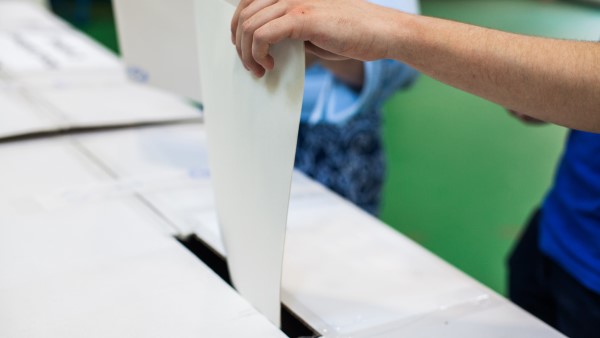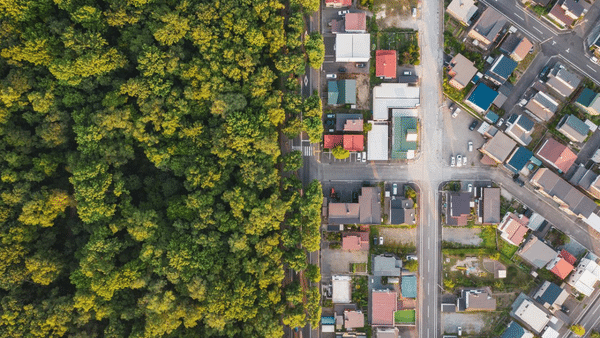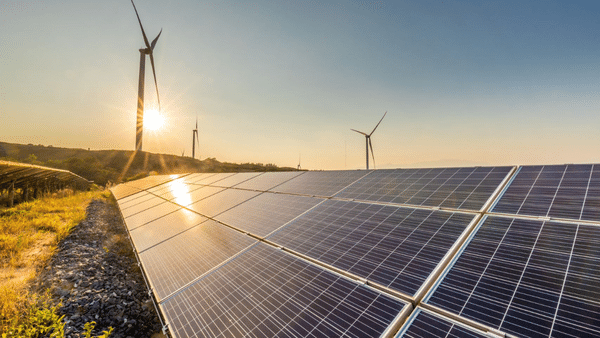What if women’s untapped power to make change was harnessed to fight the climate crisis?
Climate change affects us all globally – but it does not affect us all equally. Vast social and economic inequities mean we don’t all contribute to the climate crisis to the same degree; nor are its effects evenly distributed. Racialised women are the most likely to suffer the consequences of climate change, which they have done the least to cause. Meanwhile, women are marginalised in the spaces where climate solutions are shaped.
Gender inequality has helped cause climate catastrophe – and we need gender equality to help us solve it, argues writer and sociologist Anne Karpf. We must see women not simply as the victims nor the sole saviours of our global situation, but as holders of power to make systemic change. She speaks with inspiring women from across the world building movements for gender-inclusive climate action.
Related media
-
Our yes/no voting system means nothing ever happens
Comment
Peter Emerson
Climate change tells us we must cooperate or die. But where’s the cooperation between political parties? Peter Emerson suggests a radical change.
-
Design for Life: six perspectives towards a life-centric mindset
Blog
Joanna Choukeir Roberta Iley
Joanna Choukeir and Roberta Iley present the six Design for Life perspectives that define the life-centric approach to our mission-led work.
-
Rural and post-industrial perspectives on the just transition
Report
Fabian Wallace-Stephens Emma Morgante Veronica Mrvcic
This report explores how changes to the energy system could impact specific Scottish regions and bring together citizens to collectively imagine better futures.


